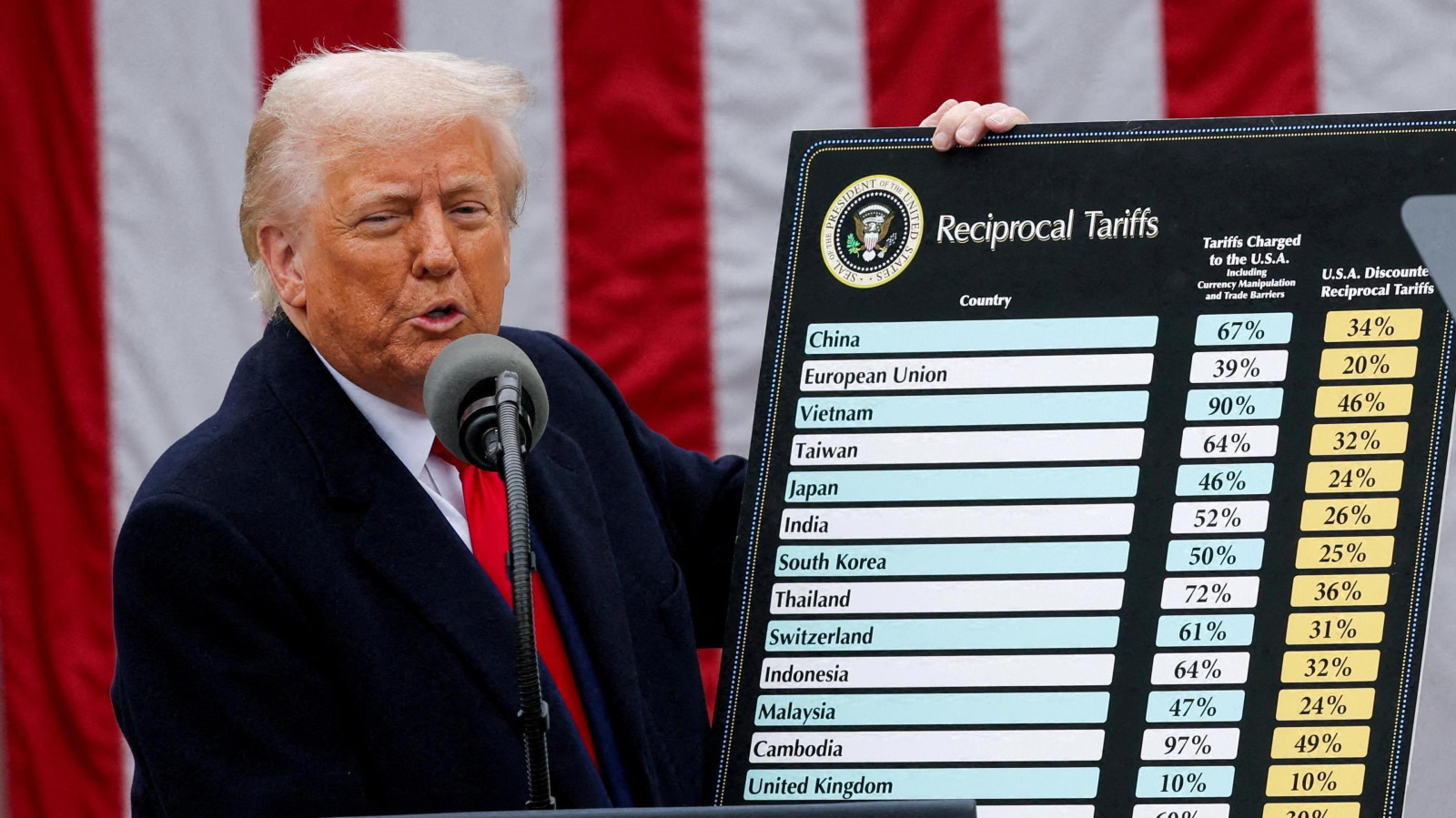Chaos and uncertainty: Tariffs’ impact on gamers and the games market

Photo: Reuters

Tariff turmoil related to the US’ trade war is intensifying. Other countries have retaliated, and while Trump has eased tariffs in some countries, the situation is far from being resolved.
The tariffs have major implications for the games market in the US. Unless the situation changes, consumers will have to bear the price.
Hardware will be affected as many components are made in China, the major target of the tariffs. As the situation escalates and consumer electronics not yet impacted by the tariffs in the US run out, the consequences will be felt more widely.
Case study: The Switch 2 is launching amid the chaos
The tariffs have driven Nintendo back to the drawing board for Switch 2 pricing in the US, so price hikes on Nintendo goods are almost a certainty unless the situation changes.
Hardware and physical games are likely not the only goods that will be affected. Nintendo will want to soften the blow of tariffs across the board, as will all companies operating across hardware and physical goods.
Large organisations are the sum of their parts and if one part gets more expensive other segments or verticals have to pick up the slack to offset that.
Higher prices across the board are possible – if not likely. The reasoning for Nintendo announcing cheaper digital versions for Switch 2 games in some markets – but not the US – is now clearer:
- It seems the lower prices in non-US markets were to nudge Switch 2 buyers to digital games
- Nintendo might have wanted to do something similar in the US, but the tariff situation is so chaotic that Nintendo was in ‘’wait and see’’ mode
- Nintendo is hedging its bets, which is new ground for the Japanese gaming giant
Politics in action
According to Trump, the tariffs will lead to "a much stronger, much richer nation". Others have argued the trade war will result in a weaker, poorer nation. Average consumers will pay the price.
Featured Report
Pixels to playlists Music preferences and behaviours of gamers
The global games industry is a $236.9 billion behemoth. It now rivals film, television, and music combined in terms of revenues and is a cultural driver. Yet, for music companies, labels, and platforms,...
Find out more…Some manufacturers – Nintendo included – have tried shifting their manufacturing to non-tariff-impacted markets. But the goalposts keep changing. For example, Nintendo shifted some manufacturing to Vietnam, but then tariffs hit that market, too.
Even if companies can afford to switch up their supply chains, nobody knows which markets will end up with tariffs next.
Companies cannot just take their supply chain and move everything to the US. Logistically it is not possible to do in the short term.
Gaming’s move from physical to digital will accelerate
As many game discs sold in the US go through Mexico and other tariff-affected markets, physical media will also be impacted. Some publishers will ultimately forgo physical versions of their games. But this is just speeding up the inevitable and most publishers and platform holders on console want physical to die anyway.
The console market is already moving increasingly towards digital. Strategies like multi-game subscriptions, all-digital consoles, free-to-play’s rise, and platform holders pushing consumers to digital versions via perks, all contribute.
Of course, one unique value proposition of physical games is the preowned and rental markets, giving players more choice. But platform holders and publishers do not gain revenues from physical renting and resales.
A game could be sold on the reseller market 100 times or rented 100 times, but the publisher and platform holder only capture revenues from that first sale.
A digital-only market means publishers and platform holders have more control over prices too. The physical games market is more price elastic versus digital which is why (pre-owned) physical games are often cheaper than titles found on the PlayStation’s and Xbox’s digital stores.
The death of physical games would ultimately be bad for consumers, giving them less choice, but positive for publishers.
The economy and consumers lose – as does the games market, and there are no winners
Policymakers also have less room to respond if tensions escalate, particularly with interest rates already historically low. Also, prolonged trade uncertainty and supply-chain disruptions compound over time, limiting productivity and investment. They grind down growth incrementally, and the longer trade peace is delayed, the worse it is.
“We are still assessing the macroeconomic implications of the announced tariff measures, but they clearly represent a significant risk to the global outlook at a time of sluggish growth,” said Kristalina Georgieva, Managing Director of the IMF.
Simply put, tariffs are bad for gamers and the games business globally.

The discussion around this post has not yet got started, be the first to add an opinion.